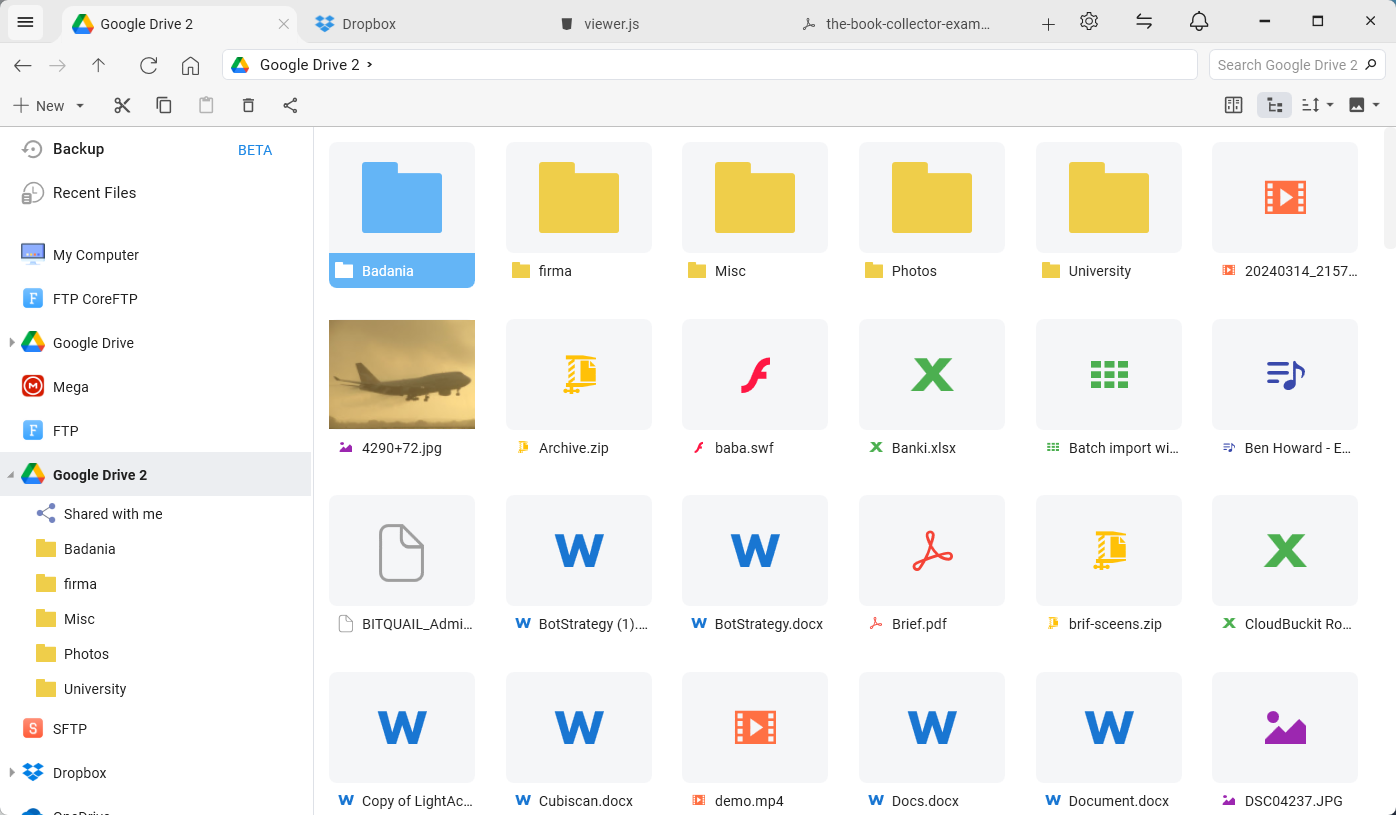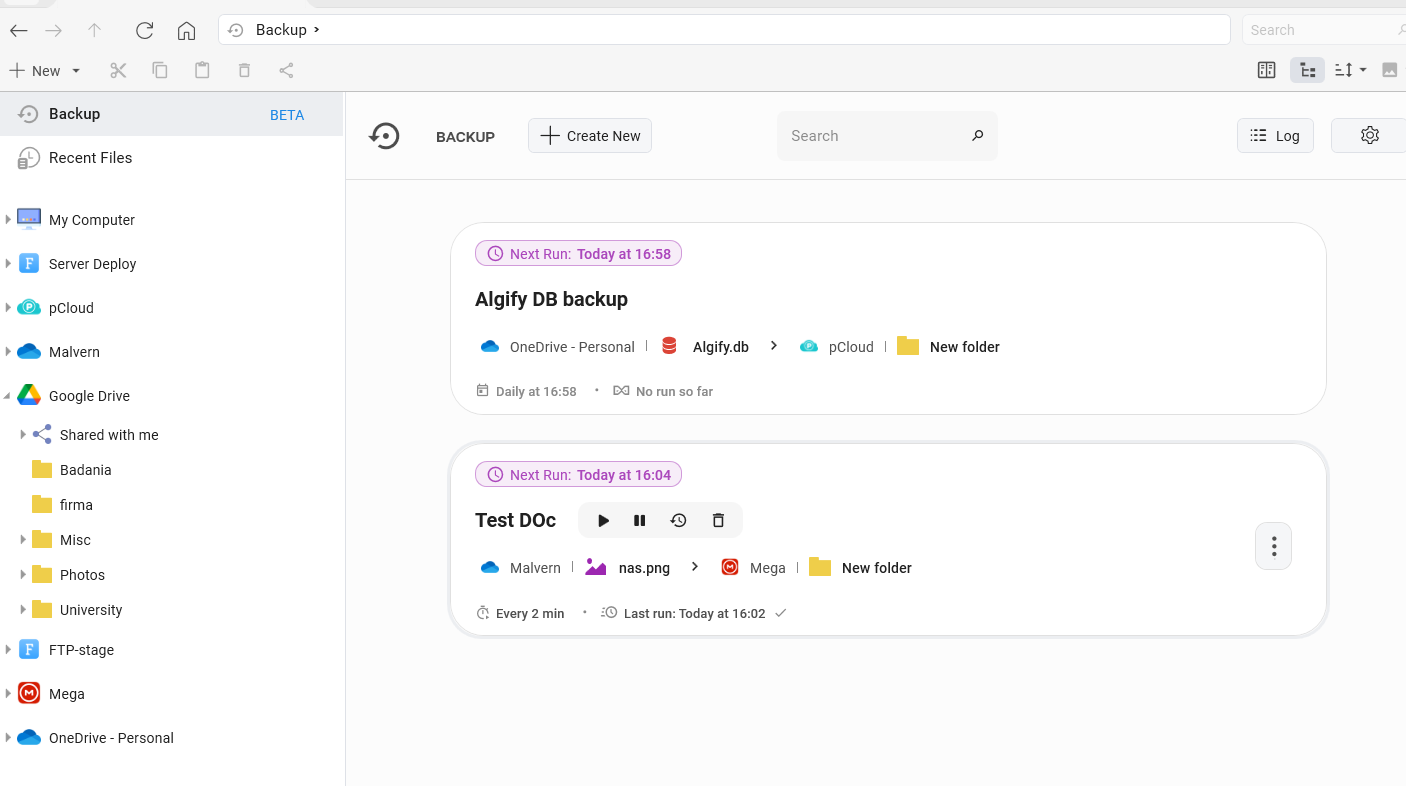For more than two decades, the world of FTP software has barely changed — until now.
Open any typical FTP client today and you’ll likely see the same thing you did in the early 2000s: plain directory lists, toolbars full of tiny icons, and interfaces that feel frozen in time. While the rest of software evolved — browsers became sleek, storage moved to the cloud, and UIs got smoother — FTP tools somehow missed the revolution.
As someone who has spent years working with servers, web hosting, and storage systems, this gap was hard to ignore. FTP remains an essential protocol for millions of professionals — from developers and administrators to creators managing websites and data. Yet their tools never kept up with how we actually work in 2025.
That’s where the story of FTPie begins — and how it’s redefining what a modern FTP client can be.

Why FTP Clients Stopped Evolving
The reasons behind the stagnation of FTP tools are surprisingly practical. FTP (File Transfer Protocol) was standardized in the 1970s and finalized in the early 2000s with secure variants like FTPS and SFTP. The protocol itself didn’t evolve much afterward — and most FTP users were technical people who valued stability over design.
As a result, popular clients like FileZilla and WinSCP focused on function rather than experience. Their goal was simple: connect, transfer, disconnect. That model worked well for decades — but as workflows became more complex, it started showing its age.
FTP was first introduced over 50 years ago , and the core concepts haven’t changed much since. What changed, however, is how we use it. People now mix FTP with cloud drives, sync tools, and collaboration platforms — but their FTP software didn’t evolve to match that reality.
What Modern Users Expect
The expectations for software have completely changed in the last decade. We’ve grown used to browser-like interfaces, smooth animations, live previews, and integrated experiences. A 2025 user expects a modern file transfer client to behave like Google Drive or macOS Finder — not like a tool from Windows XP.
| Old FTP Clients | Modern FTPie |
|---|---|
| Multiple floating windows | Tabbed interface, like a web browser |
| No file previews or tools | Built-in viewers and editors |
| FTP only | FTP, SFTP, WebDAV, and six+ cloud storages |
| Manual syncs | Automated backups & scheduled transfers |
FTPie was built from scratch with these new expectations in mind — to make file transfer as fluid and intuitive as browsing the web.
A Unified File Hub for FTP and Clouds
FTPie isn’t just another FTP client. It’s a unified file manager that connects traditional servers with modern cloud storage. It supports FTP, FTPS, WebDAV, SFTP, and over six major cloud providers — including Google Drive, Dropbox, OneDrive, and self-hosted options like Nextcloud, Seafile, and ownCloud.

This combination makes FTPie an all-in-one workspace where you can upload, sync, preview, and organize files — no matter where they live. No browser juggling, no switching apps, no endless re-logins.
Explore FTPie’s full feature set to see how it connects FTP and cloud seamlessly.
Built-In Tools for Everyday Work
Traditional FTP clients stop at “transfer.” FTPie goes far beyond that. It includes over ten integrated tools that let you preview and manage files directly in-app:
- View PDFs, images, and text files
- Play audio and video directly from the cloud
- Use built-in editors for quick code or config changes
- Take screenshots and notes right next to your files
- Share links instantly without leaving the workspace
Each of these tools was designed to reduce context switching — so you can stay focused on your work.
Automation and Smart Backup
The newest feature in FTPie, Auto Backup, lets you schedule automatic backups between any two storages — local, remote, or cloud. You can define compression settings, retention policies, and even receive notifications when backups complete.
This level of automation has been missing from FTP software for decades. FTPie fills that gap — turning routine maintenance into a background process that just works.

Performance and Polish Matter
One of the core philosophies behind FTPie is that even utility software should feel great to use. Every animation, scroll, and drag interaction has been tuned to feel native. Whether you’re browsing massive directories or transferring gigabytes of data, FTPie stays smooth and responsive.
This level of attention to detail is rare in utility apps — but it’s what makes FTPie stand out. Users frequently describe it as “flawless” and “finally modern.”
The Future of File Transfer Tools
The line between FTP, SFTP, and cloud storage is quickly disappearing. In the near future, file transfer tools will need to support hybrid workflows, end-to-end encryption, and multi-cloud orchestration.
FTPie sits right at that intersection — connecting the reliability of traditional servers with the flexibility of modern cloud ecosystems. It’s not just a new FTP client; it’s a new category of file management software.
If you’ve ever wished your FTP client felt modern, now it does. Try FTPie Free and experience the difference.
